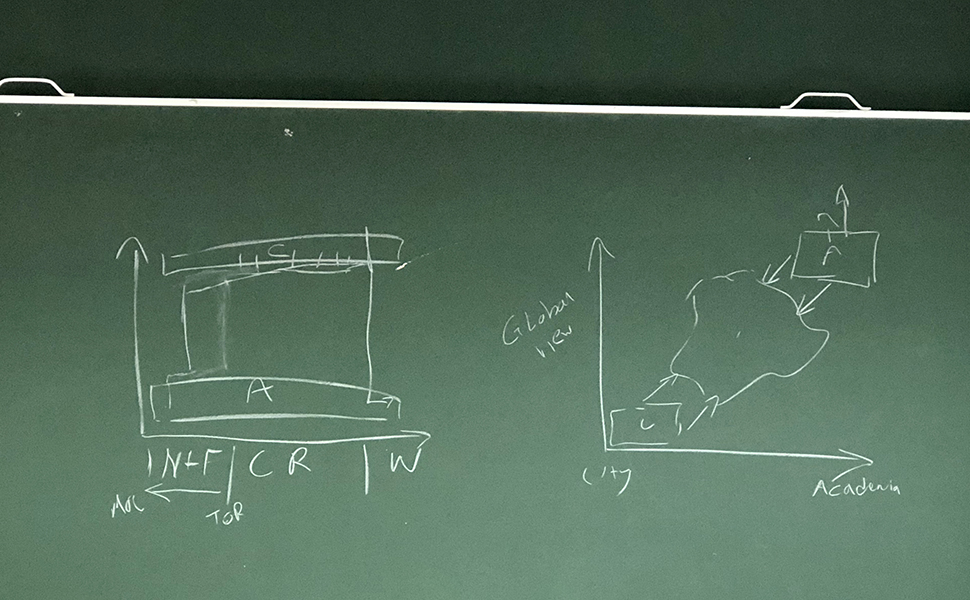
Knowledge Exchange
Policy responses to complex urban sustainability challenges require knowledge from many different areas to be appropriately responsive. This forms a starting point for the Knowledge Transfer Programme in Cape Town, where researchers are ‘embedded’ in the policy processes in relevant departments of the city. An additional value of the South African project is the joint writing, where city officials contribute to the academic output as co-authors of scientific articles.
In Southern Sweden, the three universities in Lund, Malmö and Alnarp have joined forces to find new ways to support municipal strategic challenges connected to sustainable development, primarily building and planning activities.
The purpose of this collaborative project is to learn from experiences of the programmes in Sweden and South Africa in order to implement more innovative ways of working in the two countries. The focus will be on comparing different kinds of partnerships in order to strengthen collaborative work between the state, universities and society, and try those methods in practice in Sweden and South Africa.
The research has three priorities:
- Exploring different state-university-society partnerships and collaborations, with a certain focus on how they function as brokering communities
- Deepening theoretical understanding of conditions for co-production and collaborative and comparative research in different national and institutional contexts
- Developing methods for successful transfer and implementation of good practices in university-society collaboration between two different national contexts, in this case Sweden and South Africa.
Photo by JOHN TOWNER on Unsplash